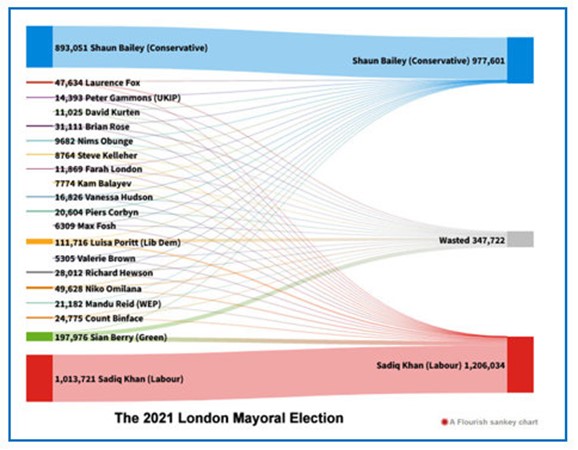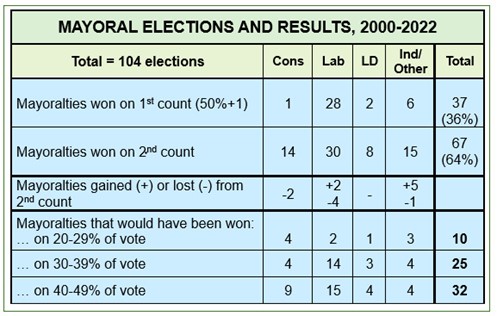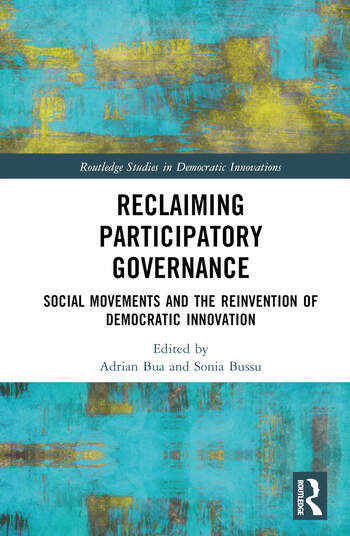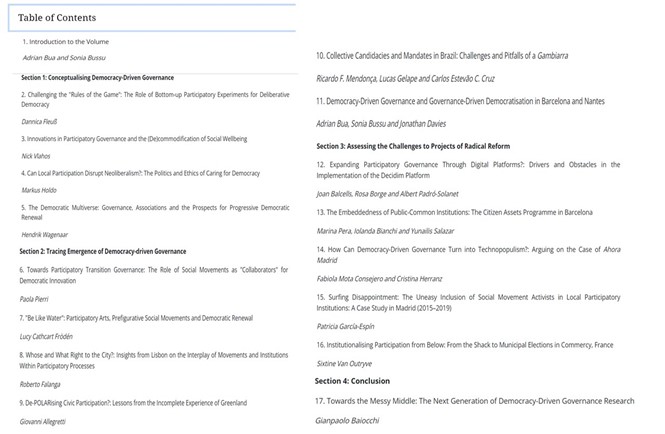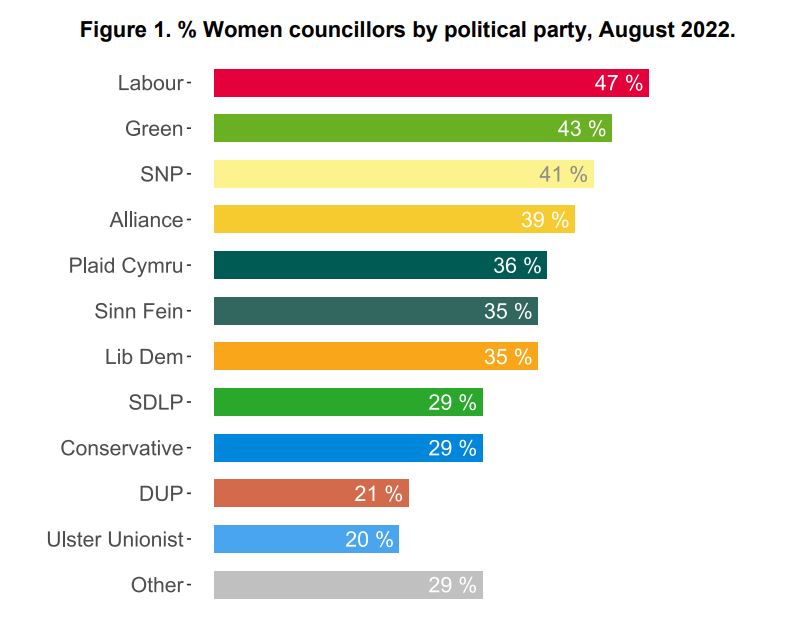
Simone van de Wetering
Residents of marginalised neighbourhoods have long been governed as a vulnerable group in need of help. Today, they are increasingly expected to be active citizens and (co-)creators in improving their neighbourhood. In the Netherlands, like in other European countries, local and participatory approaches are now central in urban policy for marginalised neighbourhoods. But what does this shift in governance approach look like in the work practice of urban professionals who give shape to citizen participation?
Urban professionals are known to play a key role in realising citizen participation: municipal and non-municipal professionals, ranging from civil servants to professionals working for welfare organisations and other social partners linked to the neighbourhood. What their role exactly entails is, however, not really clear. Especially in terms of the (dis)empowerment of urban residents and in marginalised neighbourhoods.
On the one hand, urban professionals are seen to empower citizens. They can navigate between different roles and mediate between ‘the state’ and ‘the people’ due to their unique position in between. On the other hand, they can undermine residents’ power. This can happen when, despite emancipatory aims, decision-making authority remains in the hands of public officials or is shared only with a small group of already privileged residents.
I explored how urban professionals gave shape to citizen participation in my ethnographic study of a participatory governance approach in a Dutch marginalised neighbourhood. Here, I found that the work of these urban professionals cannot be classified simply as either empowerment or disempowerment.
While the participatory approach was discursively positioned as embodying active citizenship, in the work practice of urban professionals the idea of vulnerable places and people in need of help was not so easily replaced. Residents were viewed as having problems and simultaneously as having talents and capabilities; they were assumed to be in need of help from the government and from professionals, while also being able to come up with and execute initiatives to improve the neighbourhood.
As urban professionals translated the broader shift in the governance of urban marginality to their work practice, they navigated between narratives of ‘vulnerability’ and ‘active citizenship’ and employed, what I call ‘selective empowerment’. This is a differentiated approach towards citizen participation in which professionals ascribe a significant role to themselves as a continuous support system for citizens. In the words of one urban professional: “Participation needs to be supported. . . . We [professionals] need to create a canvas on which participation can go nuts. But you can’t expect a painting to arise without bringing the brushes.” Moreover, they facilitate participation within a normative framework of ‘appropriate’ or more traditional expressions of active citizenship. For instance, youths who violently protested in response to the COVID-19 evening-curfew were redirected to a youth council.
By employing selective empowerment, urban professionals reproduced existing categories of vulnerability while reworking the meaning of ‘active citizenship’ or ‘citizen participation’ with marginalised groups. Acknowledging vulnerability is then not (only) a reproduction of existing inequalities. It is also an embedded approach employed by urban professionals to facilitate context-specific citizen participation against the background of urban marginalisation. A discursive shift in governance approach is not automatically synchronised with the work practice of urban professionals. Based on my research, I propose a more nuanced understanding of the work of urban professionals beyond mere empowerment or disempowerment. These insights may provide a starting point for urban professionals’, and, more generally, local governments’, reflexivity: to challenge not only their perceptions of residents as ‘vulnerable’, but also the storyline of residents as ‘active citizens’. Such reflexivity could imply a move beyond discursive ideals of ‘active citizenship’ towards context-specific practices of participation in local neighbourhood policy.

Simone van de Wetering is a PhD candidate at the Department of Public Law and Governance of Tilburg University. Her research focuses on identity and inequality in the city. In her PhD project, she studies citizen participation in marginalised urban neighborhoods in the Netherlands and France. Taking an ethnographic approach, she zooms in on the strategies of citizens and the state to make urban change.
Photo credit: opensource.com

